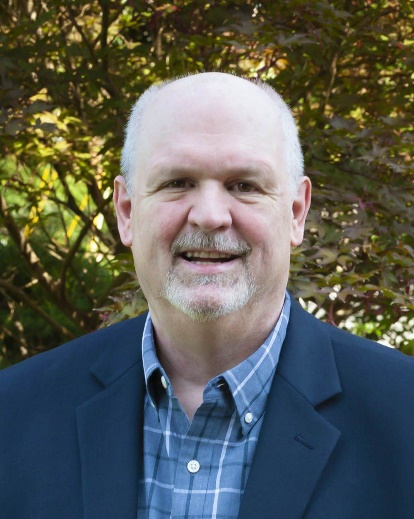To the editor:
Under the Trump Administration, science research sits in a precarious position.
Research funding for agencies like the National Science Foundation and the National Institute of Health has become the target of massive cuts, and this will have ripple effects on scientific progress in the United States for years to come.
As a biology PhD student at the University of Missouri-St. Louis who is not funded through these big institutions for my own research, I understand how there may be a feeling of disconnect to all of this. Oftentimes, science can seem like its own world, separate from the rest of society, and you (the public) just hear about the results. But the public has always been science’s most valuable asset, and your support is necessary for science to succeed in this country.
I research bumblebees and their movement patterns in the greater St. Louis area. Bumblebees are vital pollinators for our food supply, particularly with the need for agriculture amidst urban sprawl. The crux of my research is a genetic mark-recapture study around the city. Through non-lethal genetic sampling, I’m understanding how landscapes in different parts of Saint Louis affect bee movement and health. We can use the results of this work to improve our cities for pollinators and agriculture.
This research has been funded by local agencies of St. Louis, including the Litzsinger Road Ecology Center, Webster Groves Nature Study Society and St. Louis Zoo – the latter of which had massive cuts.
However, it is important to note that money was not the only thing that made my research happen. The St. Louis community itself played a huge role. I sampled 105 green spaces across the city area, many of which were yards and private properties offered up by community volunteers. This project would have never happened without the citizens of St. Louis, and I am grateful for their help, trust and support.
I want to re-emphasize that science needs public support. My project would have been nothing without the public funding for the grants I received, but community support itself was equally important. I worry that with drastic budget cuts, bee research will cease, and future aspiring ecologists will be ill-equipped to protect them, not just in St. Louis, but around the nation.
If you feel that science initiatives such as mine are important to stand up for and continue to fund, I encourage you to engage with your local science community, contact your representatives in Congress and/or express your thoughts here.
Jeremy Howard
St. Louis County





